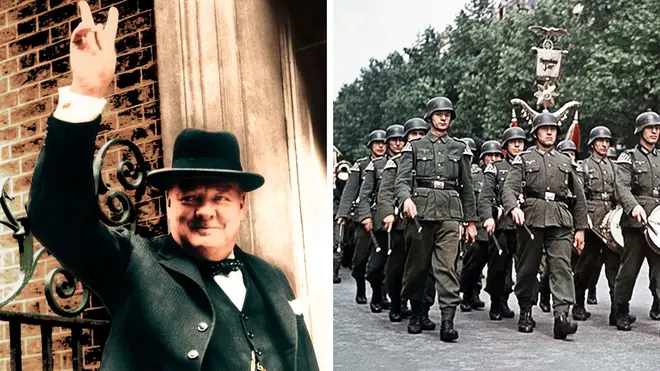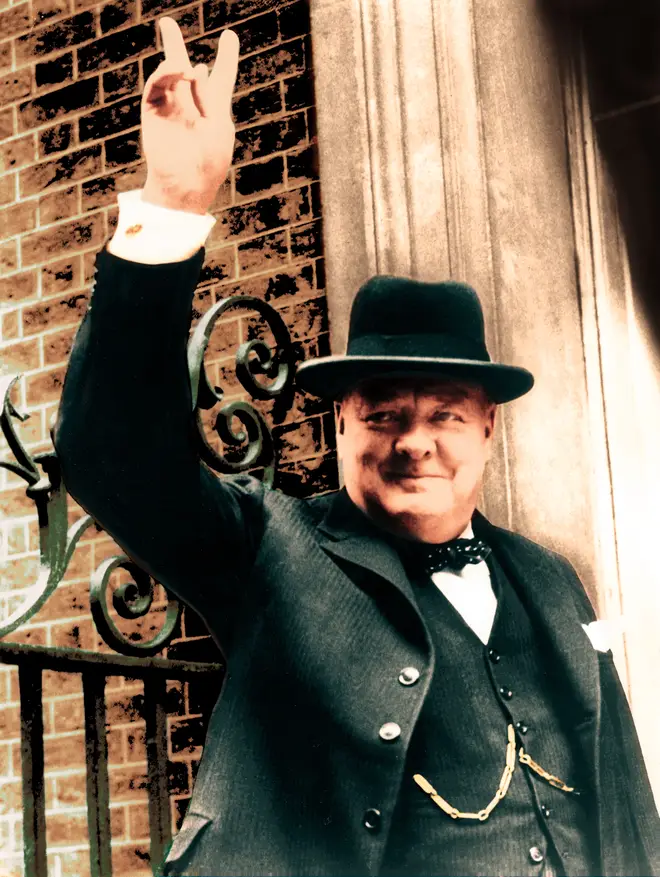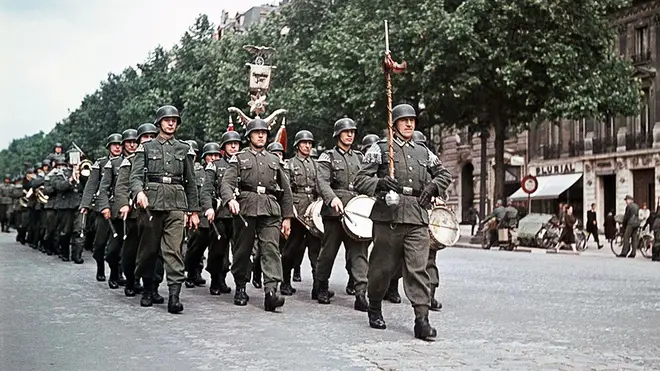
Oli Dugmore 4am - 7am
2 November 2022, 09:29

Winston Churchill's letters describing Germans as "huns" has been given a "woke" warning by the National Archives because the slur is a "derogatory word".
The wartime leader's correspondence with President Franklin Roosevelt was given a note in a blog by archives author Mark Dunton saying it needed to be viewed in the historical context.
The National Archives denied his message amounted to a trigger warning.
But a campaigner described the message to readers about the use of the word – common in the First and Second World Wars – as "demeaning, shameful and barmy".
The word appears in a letter written by Churchill to Roosevelt in 1941.
He told the US president: "It is twenty-seven years ago today that Huns began their last war. We must make a good job of it this time. Kindest regards."

Mr Dunton warned readers of the blog: "The use of the derogatory word 'Huns' to describe the Germans obviously needs to be viewed in the historical context."
Chris McGovern, of the Campaign for Real Education – which aims to raise standards and choice in state education – ridiculed what he called a "trigger warning".
Read more: PM takes on 'woke' policing after telling cops to 'fight crime, not bad jokes on Twitter'
"It is demeaning, shameful and barmy," he told The Sun.
"It doesn't help anyone if common historical terms require trigger warnings. If people using the archives have to be protected from such terms, where does it end?
"Huns was a term used by heroes to describe what they saw as Nazi atrocities.
"The National Archives are the custodians of our national history, they shouldn't be sanitising the past."

But the National Archives fired back: "There is no trigger warning on the blog.
"The author included a line within the text to explain a derogatory term no longer commonly used."
The word comes from the name of a nomadic group of people that emerged from central Asia and rampaged through eastern and south-eastern Europe.
They are especially known for the conquests by Attila.
Their memory was invoked by the German kaiser, Wilhelm II, during the Boxer Rebellion in China at the turn of the 20th century.
He said German forces in the country should show no mercy to the Chinese, comparing the brutality he wanted to see with that of Attila and the Huns.
It was later incorporated into Allied propaganda during the First World War and remained a common word to use against the Germans.